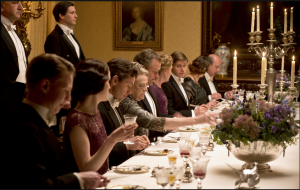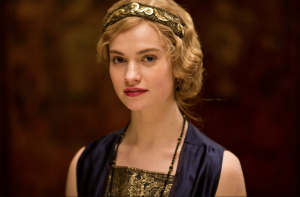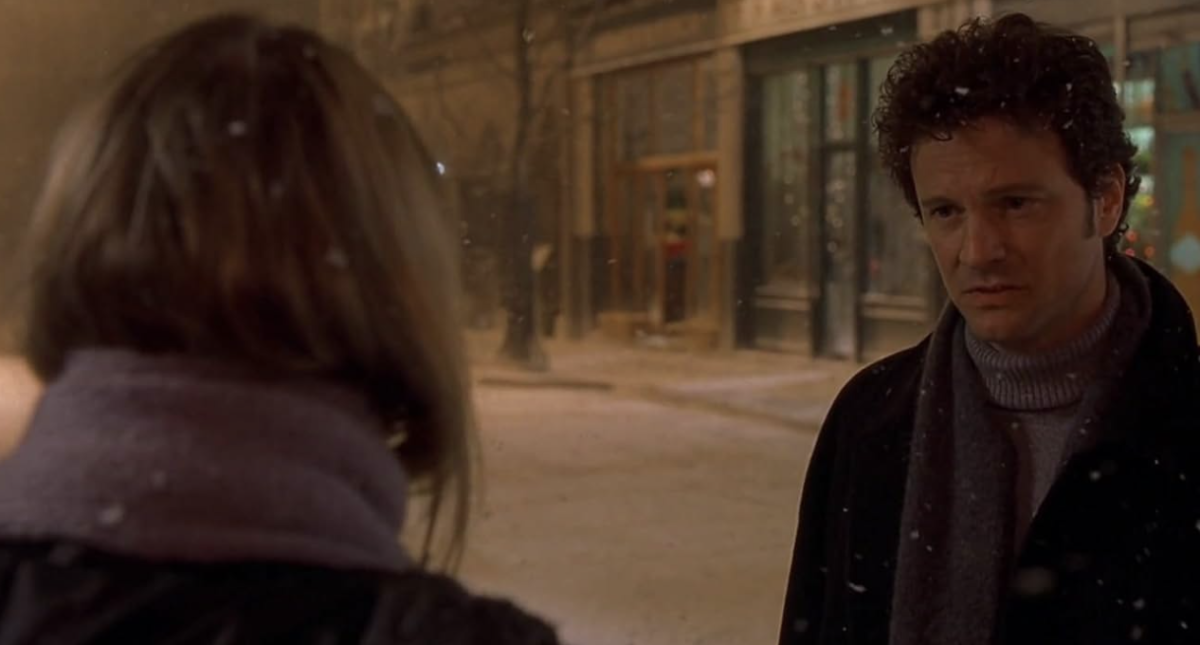
It’s 1922, and change is in the air at Downton—the roaring 1920s are in full swing at the Abbey, from racier dresses and livelier dancing to sleek, modern cars.
While the premiere of the fourth season of writer Julian Fellowes’ Downton Abbey dazzles in terms of presentation and, as always, superb acting, it lacks a strong, dramatic plotline to captivate the audience during its two-hour entirety.
The new season picks up six months after the shocking death of Matthew Crawley, husband to Mary, father to newborn George, and heir to the Downton estate.
Despite the time that has elapsed, Mary still faces incredible grief and is withdrawn from and stone-cold towards her family. Actress Michelle Dockery conveys this grief magnificently, showing viewers the contrast between the private, sensitive side of the character that we rarely get glimpses of, as well as her cold outer shell.
Matthew’s death has not only left a grieving Mary in its wake, but also a heated controversy over who will run the estate. George, Matthew’s son, is the heir to the estate, but naturally the family believes Mary should have a say in running Downton’s affairs. Lord Grantham disagrees, dividing the family and causing the Dowager Countess, played by the marvelous Maggie Smith, to devise a scheme with an unlikely partner.
Unfortunately, Matthew’s death left the show feeling as though it was missing something critical. He was a key character in running the estate and challenging Lord Grantham, and had incredible chemistry with Mary. However, the show has failed to replace him with an equally intriguing and important character.

The only significant new character is 18-year-old Rose, who seems to love to create trouble, but lacks any emotional depth and comes off as shallow and immature.
Not all of the characters fail to live up to the expectation of previous seasons. Lady Edith, played by Laura Carmichael, once the least significant of the three sisters (or rather two, after the tragic third season death of Lady Sybil), becomes much more modern and confident, as her affair with married publisher Michael Gregson blossoms and threatens to become a scandal.
As usual, the upstairs characters are not the only ones with drama—the downstairs staff has its fair share as well, with the sudden departure of lady’s maid O’Brien, the sacking of Moseley, who has difficulty finding a job elsewhere, the return of lady’s maid Edna, who was dismissed last season for flirting with a grieving Tom Branson, and, of course, the seemingly neverending schemes of footman Thomas Barrow.
The sheer number of these small, seemingly insignificant scandals is too overbearing for viewers, and most of them aren’t particularly captivating. Barrow’s schemes in particular are not as elaborate without his old partner O’Brien, leaving the downstairs feeling in need of juicy drama.
The scenery and costumes remain just as superb as they have been for the past three seasons. Instead of the usual dramatic theme song and credits, the episode brilliantly opens with a dark, gloomy pan of the Abbey, which captures the family’s sorrow perfectly. The camera shots of the exterior of the estate and its captivating surrounding countryside are as plentiful as ever, making viewers everywhere wonder why they can’t be wealthy English elites.






